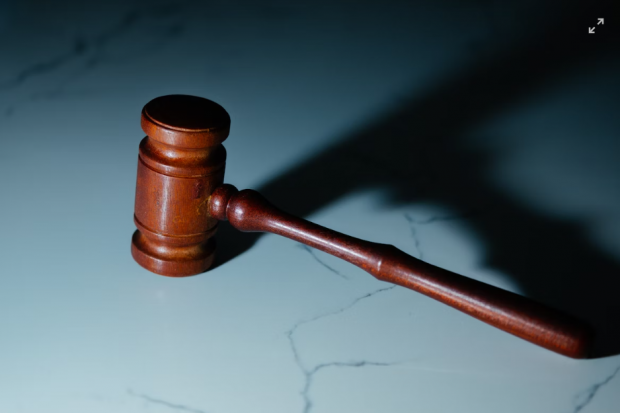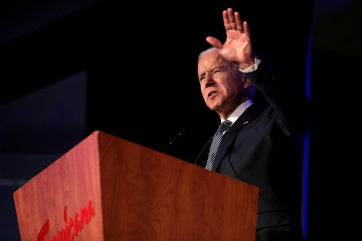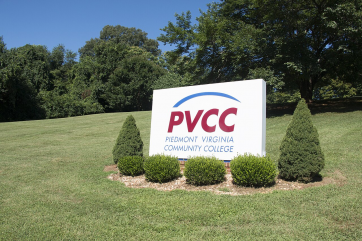Judge Dismisses Lawsuit Challenging Faculty DEI Statements at UC Santa Cruz
By Joy LiwanagA federal judge in the Northern District of California has dismissed a lawsuit against the University of California, Santa Cruz, which contested the institution's requirement for faculty job applicants to submit statements detailing their commitment to diversity, equity, and inclusion (DEI). The ruling, based on procedural grounds rather than the lawsuit's merits, has implications for the ongoing debate surrounding mandatory DEI statements in faculty hiring processes.

The Lawsuit and Dismissal
The lawsuit, brought forth by John D. Haltigan, challenged UC Santa Cruz's policy mandating DEI statements for faculty job applicants. Judge Edward Davila's dismissal was not rooted in the merits of the case but rather on the grounds that Haltigan lacked the right to sue, as he had not formally applied for the tenure-track position in developmental psychology that he cited in the lawsuit. The position had been posted in July 2022.
UC Santa Cruz's psychology department explicitly required candidates to submit a DEI statement, with the job listing indicating that initial screening would be based solely on the DEI statement and a research statement.
With a Ph.D. in developmental psychology, Haltigan desired a role at UC Santa Cruz but argued that the DEI statement clashed with his values, compelling him to modify or suppress his views.
READ ALSO: Harvard President Claudine Gay Resigns: Examining The Impact Of DEI Ideology On Universities
Judge Davila's Decision
While acknowledging the controversy surrounding mandatory DEI statements, Judge Davila's decision hinged on legal precedent, asserting that a plaintiff can challenge a selection process even if they did not formally apply, provided they demonstrate they are "able and ready to bid." In this instance, the judge found that Haltigan did not meet this condition.
The broader legal landscape has seen various lawsuits contesting the imposition of mandatory faculty DEI statements. Despite such challenges, some states have moved away from enforcing this requirement, reflecting the ongoing tension between institutional commitment to DEI and the preservation of individuals' academic freedom.
Implications for the DEI Debate
The dismissal of Haltigan's lawsuit raises questions about the legal standing of individuals who critique DEI requirements but have not formally applied for the positions in question. It underscores the importance of procedural technicalities in legal battles surrounding DEI policies and may influence future challenges against similar requirements at other institutions.
Haltigan's Allegations and Academic Freedom
Haltigan's objection to the DEI statement requirement centered on his belief in "colorblind inclusivity," arguing that the policy would compel him to alter his views or remain silent to conform to the university's expectations. This raises broader questions about the delicate balance between fostering an inclusive environment and preserving academic freedom for faculty members.
Legal experts anticipate that this case could set a precedent for future challenges to DEI requirements in faculty hiring. Institutions, meanwhile, may need to carefully navigate policies that promote diversity and inclusion while respecting the principles of academic freedom.
Next Steps for Haltigan
While the lawsuit has been dismissed, Haltigan has until Feb. 2 to file an amended complaint. This provides an opportunity for him to strengthen his legal arguments or address the procedural concerns identified by the judge. The outcome of any subsequent legal action may further shape the discourse surrounding DEI requirements in academic hiring.
The dismissal of the lawsuit against UC Santa Cruz highlights the complexity of legal challenges to mandatory DEI statements. As institutions strive to promote diversity and inclusion, navigating the delicate balance with academic freedom becomes crucial. The case sets the stage for continued debates on the legal standing of individuals who critique such policies and the broader implications for faculty hiring practices in higher education.
RELATED ARTICLE: FTC Sues Grand Canyon University, Alleging Deceptive Practices Targeting Doctoral Students








